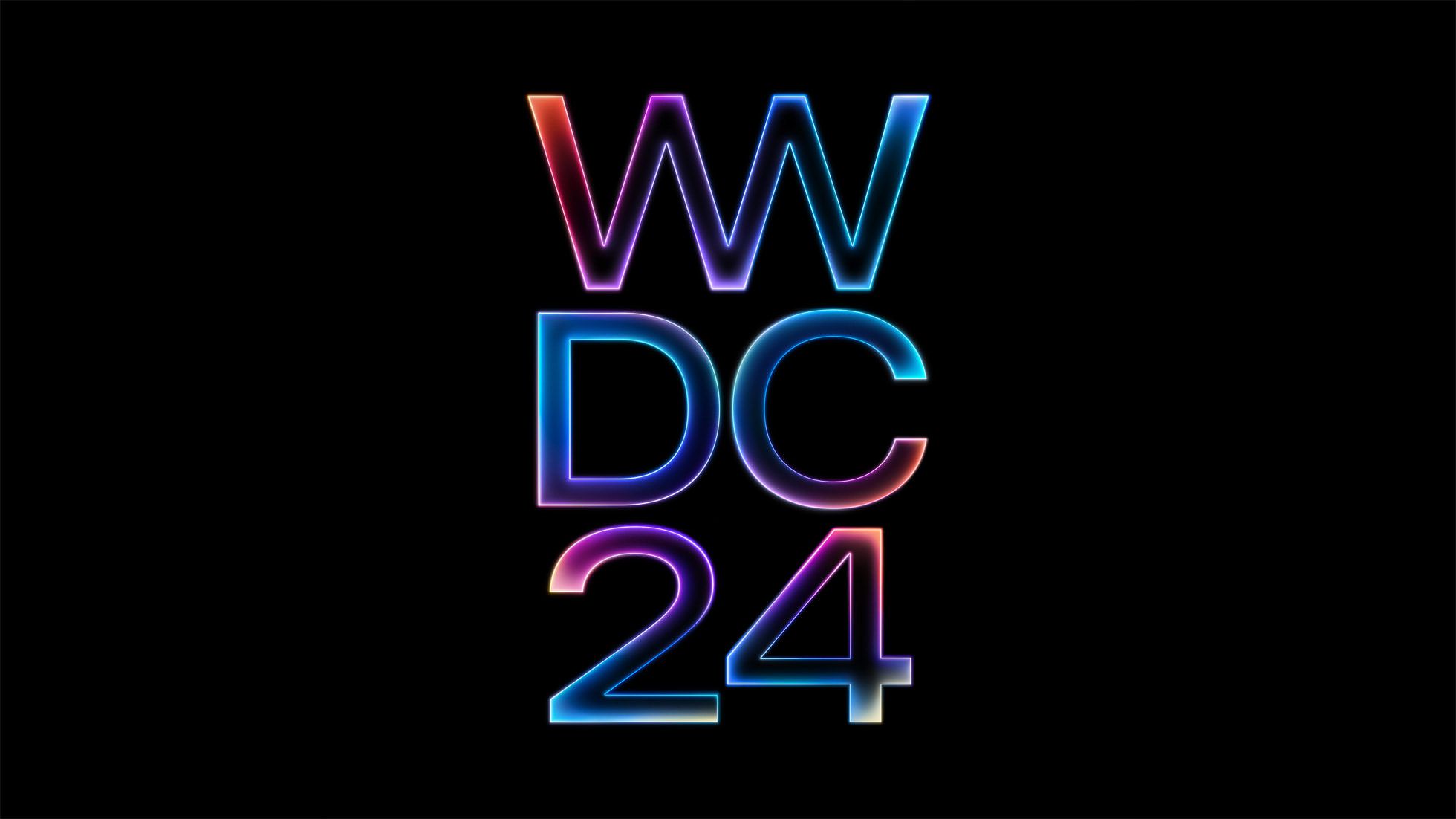

In a remarkable development within the U.S. legislative framework, discussions are ongoing about the potential merger of two significant pieces of legislation: the Secure and Fair Enforcement Regulation (SAFER) Banking Act concerning cannabis banking, and a separate measure aimed at regulating stablecoins. Although the consolidation of these bills has not been solidified, the dialogue suggests an innovative approach to address the banking issues faced by cannabis businesses and the regulation of cryptocurrencies simultaneously.
Senate Majority Leader Chuck Schumer (D-NY) has indicated a strong intention to advance legislation that secures banking services for cannabis businesses, expressing optimism about making significant progress in the forthcoming weeks and months. This announcement underscores the critical need for legislative action to resolve the banking challenges currently imposed on legal cannabis operations due to the federal illegality of marijuana. Despite more than half of the American population living in states where marijuana is legal, the conflict between state and federal law has led banks to steer clear of providing services to cannabis-related businesses. This has left these entities reliant on cash transactions, severely limiting their operational efficiency and safety.
The SAFER Banking Bill, specifically, has been under consideration since it was passed by the Senate Committee on Banking, Housing, and Urban Affairs in September 2023. This proposed legislation, if enacted, could significantly alter the financial landscape for multistate cannabis operators and various cannabis exchange-traded funds (ETFs), facilitating a surge in business growth and investment opportunities within the sector.
The momentum for cannabis banking reforms was further boosted in August 2023, when U.S. health officials recommended reclassifying cannabis as a Schedule III controlled substance, a move that could alleviate many of the existing restrictions on banking and payments for cannabis businesses. Currently listed as a Schedule I drug, cannabis is deemed to have a high potential for abuse with no medically accepted use, a categorization that has significantly hampered the industry’s growth and integration into mainstream financial systems.
Furthermore, the potential integration of stablecoin regulation into the broader legislative effort reflects a keen awareness of the evolving digital finance landscape and the necessity for a coherent regulatory framework. As cryptocurrency and digital payments become increasingly prominent, their inclusion in discussions about cannabis banking reform represents a forward-thinking stance on modernizing financial regulations.
This combined legislative initiative comes at a crucial time for both the cannabis industry and the cryptocurrency market. The successful passage of such a bill could dramatically streamline the operational capabilities of cannabis businesses, opening up new avenues for growth and development. Additionally, the establishment of clear regulations for stablecoins could catalyze further innovation and stability within the cryptocurrency sector.
As the legislative process unfolds, stakeholders across both the cannabis and cryptocurrency ecosystems are closely monitoring developments, hopeful that this bipartisan initiative will pave the way for more inclusive and effective financial services. With the U.S. House having already demonstrated bipartisan support for easing banking restrictions on cannabis companies, the forthcoming period could witness significant legislative breakthroughs that reconcile state-legal cannabis businesses with the broader banking and financial systems, all while advancing critical regulations in the fast-evolving realm of cryptocurrencies.
Source






